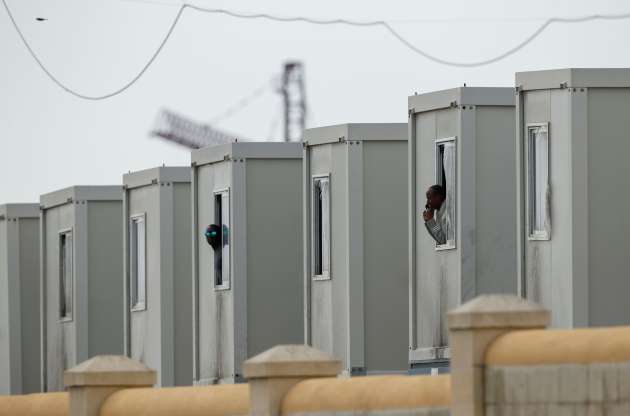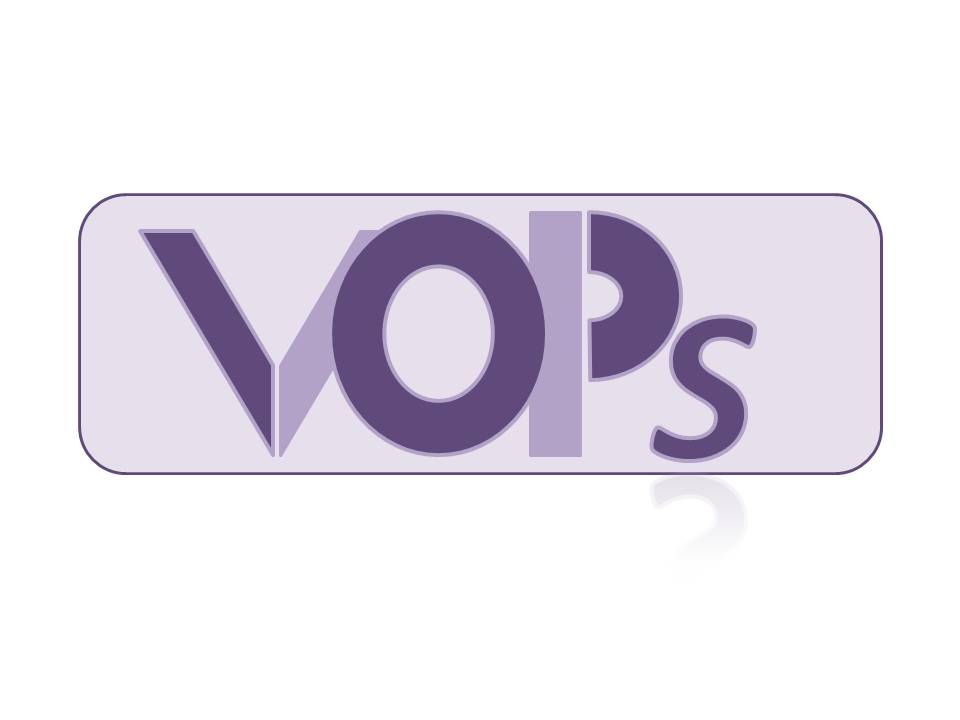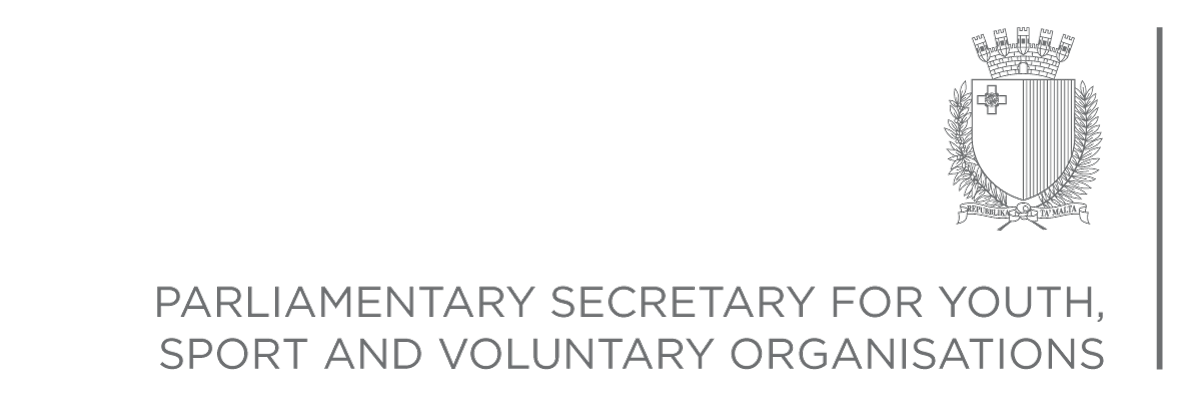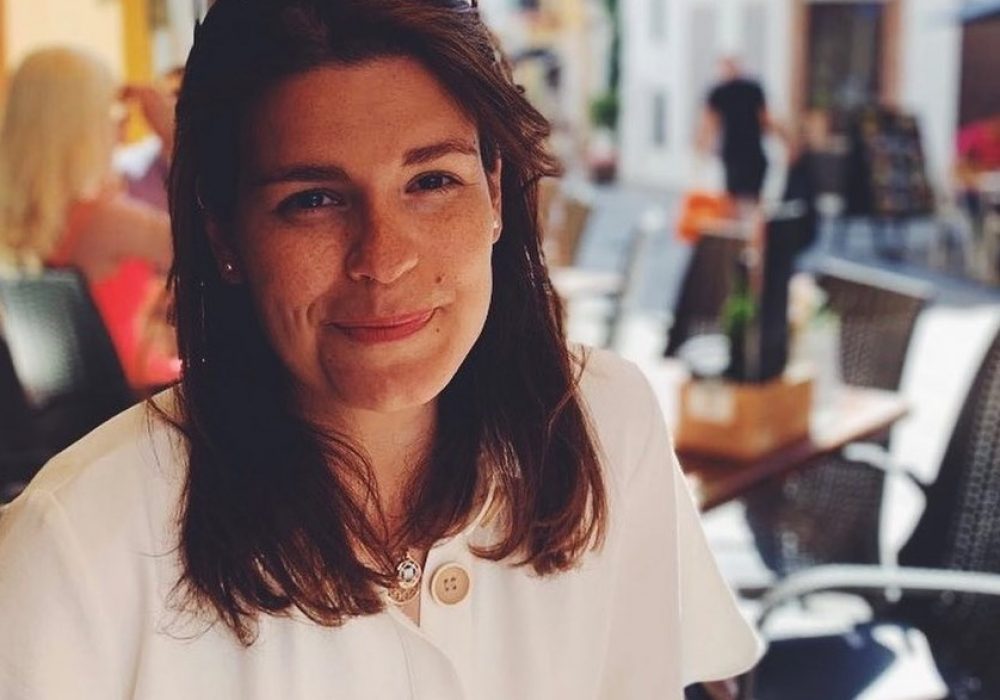#KeepingUpWithTheInterns
Last week I was going through the news and reading about the current COVID-19 pandemic. I came across a Times Of Malta article ‘Migrants ‘more vulnerable’ to COVID-19 impact’. In this article the Director of Integra, Maria Pisani,
Imagine losing everything on your way to Europe and suddenly facing a new crisis in your new home: you’ve just lost your job, have no internet to stay updated about the novel corona-virus and no friends or family to support you with food or medicine. This is the situation in which some migrants have suddenly found themselves.
Dr. Maria Pisani, Integra Foundation
After reading this article I decided to sit down with our Legal Officer, Claire Delom, a French human rights lawyer with expertise in refugee law. I also spoke with Sarah Giusti, Social Worker at The Jesuit Refugee Service: “JRS in Malta seeks to accompany, serve and defend the rights of asylum seekers and forcibly displaced persons who arrive in Malta”.
I interviewed them regarding the current situation affecting local migrants and refugees.
How are the clients that you see face-to-face affected by this pandemic?
C: We do not see clients face to face anymore. We only speak to them over the phone and on emails. I receive a lot of calls from people who are detained, they are very worried about the situation. Since UNHCR Malta and other NGOs are no longer authorised to visit detention centres, they are very isolated and do not receive much information. They are worried because of the virus as they feel that the authorities do not protect them and they also want to know when they are going to be released. The Refugee Appeals Board and the Immigration Appeals Board are not operating anymore so all procedures are suspended.
Other clients need to renew their IDs, protection status, residence permits, work permits, and so much more. They do not know how to do it since offices are closed. Without such documents they are unable to, for example, work, access services or receive healthcare.
We also have clients who lost their jobs due to the virus or work reduced hours, so they see their income reduced and therefore are not able anymore to pay the rent or buy food.
S: Unfortunately in order to protect our clients and members of staff, we are currently working electronically to serve all those who require our support. This comes with its challenges as it does not only become difficult for clients to reach out, but this also creates limitations on the work that is possible to deliver to those in need. As many of us face such questionable times, those who are vulnerable, face further restrictions to accessing a life of dignity and proper care.
We now see many people lose their incomes which already comes at a great cost, coupled with lack of access to the support that is being provided by the government as this is currently only accessible to a number. As a result of this we are beginning to see a high amount of individuals and families finding it difficult to make ends meet and requiring basic services such as food and accommodation.
Of course, with this pandemic, it also brings about a heightened risk of mental health. People who already suffer from mental health problems find themselves struggling to deal with the uncertainty and anxiety, which also due to a lack of contact with professionals makes it difficult to reach out for support.
What do you think is needed to make sure that your clients’ rights are being respected?
C: The authorities need to ensure that all migrants in a regular situation see their residence permits automatically extended in order to avoid people to end up irregular in such a situation. Access to healthcare should be guaranteed for all during this pandemic. Detainees should be released from detention as there is no legal ground for their detention anymore. Also financial support should be set up to assist vulnerable migrants.
S: Continuous advocacy with the relevant stakeholders, to make sure that the client’s rights are respected; this is needed now more than ever. We are in regular contact with the individuals who require all the assistance they can get, therefore recognition of such realities needs to be acknowledged. Overall I feel there also needs to be a greater sense of understanding and empathy, this goes a long way. After all, we are all beings with the same needs to survive, so why should one’s access for care and financial support differ from another?

What are your organisations doing to support migrants during this time?
C: We kept our Pro Bono Unit open via online requests and phone calls. We are also helping clients access services by contacting public entities for them. We are providing information and distributing translated guidelines on our website. We issued press statements to urge the government to act, and we work closely with UNHCR Malta and other NGOs to have a coordinated advocacy strategy.
S: For everyone around the world, there is a great sense of uncertainty. It is not difficult to say that we would all like some sense of clarity on how to deal with such situations, on what support is available and who we can reach out to in times of need. With daily new directives being put into place by the government, JRS together with several NGOs are coming together to make sure that such regulations are understood, through translations in various languages of the updated information.
We are also doing our best to make sure the target population is aware of the new updates and restrictions of the services which are currently being provided. When individuals require particular legal or psycho-social support we provide them with the necessary specific information and refer to the services when possible, especially when such services include basic daily needs.
How has working from home has affected you in your work?
C: We cannot meet with clients anymore so working over the phone is really difficult. Some of the clients do not speak English so communication is very limited and it makes it difficult to understand their needs and also we cannot see their documents. The authorities are really not responsive so we do not always know what to tell clients!
S: As a social worker, I must admit the definition of a working relationship has changed quite drastically these last few weeks. As an organisation we are trying to find our footing in making sure that we reach out to those in need with the current resources; meeting regularly (virtually, of course) to also support one another. Nevertheless my main priority is to maintain contact with many of the people I work with to make sure I can support them in the best way possible with the restrictions that are currently in place.
What resources are there for migrants in Malta during this pandemic?
C: The government did not announce concrete measures for migrants. Some public entities are ensuring continuity of services but not much…
S: As JRS we make it a point to update information on the services and government announcements on a regular basis. We issue out such updates via Facebook and other forms of social media. I would encourage anyone who requires further information on COVID-19 and other services to also access social media accounts through UNHCR Malta, Integra and also aditus. Daily updates are also available in various languages including French, Arabic, Somali and Tigrinya. Should anyone also wish to reach out to JRS, members of staff are available from Monday to Friday, 9am-5pm and can be reached on +356 99214445 and on info@jrsmalta.org.
And as I sit here writing this blog post, I reflect on how we take a lot of things for granted. We forget the things we have that refugees do not. We should all be grateful. During these days, we are advised to not go out and we are restricted on the amount of food and general consumption. Some of us lost their jobs and ended up without any income. This pandemic is preventing everyone from getting along with their ‘normal’ lives.
As Sarah said perfectly, people are finding “themselves struggling to deal with the uncertainty and anxiety”. However, we should remember that this is what refugees experience on a daily basis. Instead of condemning them, we need to understand how much they have lost already and still might lose.
From yesterday, Ħal Far Open Centre is under quarantine and I saw a lot of online hate comments addressed towards the people living there. I don’t understand why so much hate is sent towards these innocent people. I feel that refugees should be given support like any other Maltese person is being given. They are humans same as we are.
As Ellen DeGeneres said, “be kind to one another”.
#KeepingUpWithTheInterns is part of our project Marginalised Persons as Human Rights Volunteers. If you want to follow Matthew and Rimaz as they navigate their way through Malta’s human rights landscape, subscribe to our News & Updates or follow them on our social media pages!
This project has been funded through the Voluntary Organisations Project Scheme managed by the Malta Council for the Voluntary Sector on behalf of Parliamentary Secretary for Youth, Sports and Voluntary Organisations within the Ministry for Education and Employment. This project/publication reflects the views only of the author, and the MEDE and the MCVS cannot be held responsible for the content or any use which may be made of the information contained therein.





